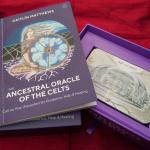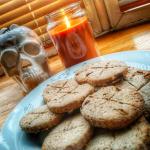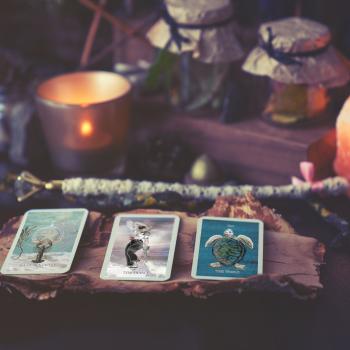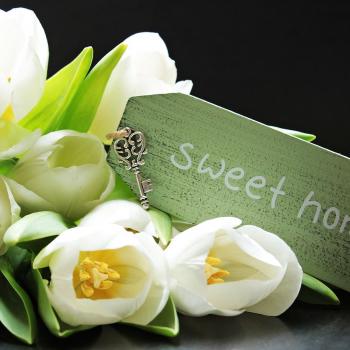In the UK, women gained the right to ordination in the Church of England in 1994. I remember first seeing one of these new women reverends a few years after this breakthrough ruling. I think my mouth dropped open. A woman wearing a white cleric collar! Oh my, times were changing.
I was not brought up in the Christian faith but this act of finally allowing women to be officials in the country’s mainstream religion, gave me hope. Maybe the strongholds of patriarchy were loosening; perhaps there was room for women to work their divine purpose in traditional religions.
Over the past few weeks, I’ve encountered two female Church of England ministers in my small hometown. Not a usual occurrence as women leaders are still a minority. However, it made me think about what it means to be a priestess.
The ordained women would never call themselves priestesses yet that is what they are. They’re the female conduit between the Christian male God and the parishioners. The are there to be of service to a community, keep sacred space and hold rituals.
Of course, the Feminine is missing in Protestantism and the image of the Goddess removed, or at least heavily obscured, throughout Christianity. Any official position a woman holds will never be in service to the sacred face of the feminine. But we must take small wins wherever we can get them – female representation in the clergy is a small step in the right direction.
For ordained Christian women, they are slotted into a structure that has held for centuries: they know what to do and how to do it because the men have done it first.
But what if you’re called to be a priestess to the Divine Feminine (or to the non-Abrahamic expression of the Divine Masculine, for that matter)? You have no church, no congregation, no one who has previously filled a post and left.
Modern day Pagan priestesses are without a job description.
Although we know there were priestesses in ancient times, the rise of Abrahamic religions all but wiped out the worship of the divine feminine and the roles that women played in with divinity. With the rise of Paganism comes a surge of women who want to take the sacred role of priestess but what does it mean? What do you do? And who do you do it too?
Initiated women take on the title of priestess in Wicca and many of its various offshoots. There is structure and guidelines but you don’t necessarily extend outwards from your coven or group. You have a role within but not without.
Not every woman who hears to the call to be of divine service wants to be part of the more established Pagan paths. Eclectic witchcraft is a valid thing but is eclectic priestesshood given the same courtesy? I’ve encountered courses and schools for priestess training but most seem to be for service to the big-name goddesses. If you want to be of service to the Sacred Feminine or a more obscure aspect of Her, then you’re mainly on your own.
And that’s not necessarily a bad thing.
To be a priestess without the confines of structured religion means finding a path of service that fits you. Even priestess training courses had to trailblaze at the beginning: there are no official guidelines to what it means to be a priestess and how it is performed.
Even Merriam-Webster’s dictionary is wonderfully vague:
A priestess is:
- ‘a woman authorized to perform the sacred rites of a religion’
- ‘a woman regarded as a leader (as of a movement)’.
You can colour between the lines as vividly and as messily as you like; you’re free to choose the colours too. Craft your own religion, form sacred rites and do them your way. Be of service to the Divine Feminine and your community, guide others to express their divine spark and be your own kind of priestess.

















